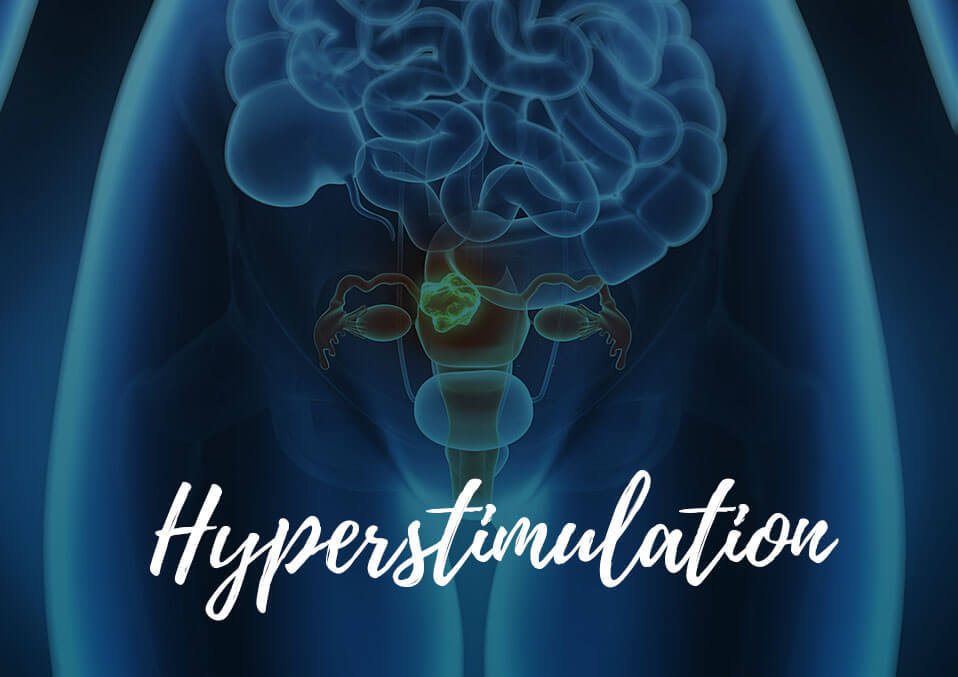What is hyperstimulation for pregnant women? Many soon to be mothers are asking about this issue. They are afraid of the risks and causes of this syndrome. Is it deadly or curable? To help you have a clearer understanding of this syndrome, here are some of the facts about hyperstimulation that you should take note of.
What is hyperstimulation for pregnant women?
This hyperstimulation syndrome is said to be an exaggerated response to your excess hormones. This is a common side effect of some injectable hormone medication or fertility drugs. This syndrome is the cause of the painful and swelling ovaries. The treatment of hyperstimulation will depend on the severity of your condition. There are some mild cases, while other instances require additional treatment and extended hospitalization.
Signs and symptoms

Aside from knowing what is hyperstimulation for pregnant women, it is also advisable to know its signs and symptoms. If you experience any of the following signs, then it is advisable to consult your healthcare provider:
- If you experience intolerable and severe pain in your stomach
- If you are suffering from too much vomiting
- When you are having a hard time breathing
- If you feel like you are very thirsty
- If you are having dark urine or you do not have your urine often
- When you feel the tenderness and redness in your leg part
Risk factors associated with this syndrome

There are some risk factors related to hyperstimulation. These factors are known as the great contributors in having this kind of syndrome.
- Polycystic ovary syndrome
- If your age is under 35 years’ old
- If you have low body weight
- Also if you are having a large number of follicles
- If you have experienced this syndrome before
- If you have a high level of estrogen
Prevention for hyperstimulation

In connection with the question “what is hyperstimulation for pregnant women,” you also have to take note of the things about the prevention of this syndrome. To help you deal with this matter, here are some of the prevention that you should remember.
- You have to undergo adjusting medication. To make this possible, the medical specialist will use the lowest dosage of gonadotropins for the stimulation of your ovaries.
- You will need to add some medications. Doing the “adding medication” for women with this case can be a significant factor in preventing hyperstimulation.
- Freezing the embryos
- As much as possible, you have to avoid the usage of the HCG trigger shot.
How to treat the symptoms of hyperstimulation?
Mild hyperstimulation can be treated and managed by the following things:
- Drinking enough fluids. This is one of the most important things that you should always remember. You can opt for electrolyte-supplemented drinks. You also have to avoid drinking alcoholic and caffeinated beverages. Drinking enough fluid is essential in preventing dark yellow urine, which is said to be one of the signs of hyperstimulation.
- You have to avoid vigorous physical activities that might lead to ovarian injury.
- You have to control and monitor your weight gain.
Complications associated with this syndrome
You have to take note that once you experience severe hyperstimulation, it is harmful and life-threatening. In this case, you need to be knowledgeable about the complications it can bring.
- Kidney failure is one of the complications associated with this syndrome.
- If you have breathing problems, you need to be more careful because it might be one of the difficulties related to hyperstimulation.
- A lower level of potassium, sodium and other electrolyte disturbances.
- Ovarian torsion
- Blood clots in your leg area
- Fluid collection in your chest or abdomen
- Too much bleeding due to the rupture of the cysts in your ovary
- Miscarriage or termination of the baby in your womb because of the complications
- The worst case is none other than death
What is hyperstimulation for pregnant women? Well, this is one of the severe syndromes that you should take note of. If you want to decrease your chance of having this situation, you need to take care of yourself and consult your doctor for monitoring and check-ups. You need to remember that the treatment for this syndrome will depend on the severity of the case that a woman is suffering.
Read also:
- Abnormalities of the Uterus: Types of Uterus Shapes
- 7 Easy and Effective Ways to Treat Clogged Milk Ducts
- Pregnancy Tips: How to do a Belly Mapping the Right Way?


